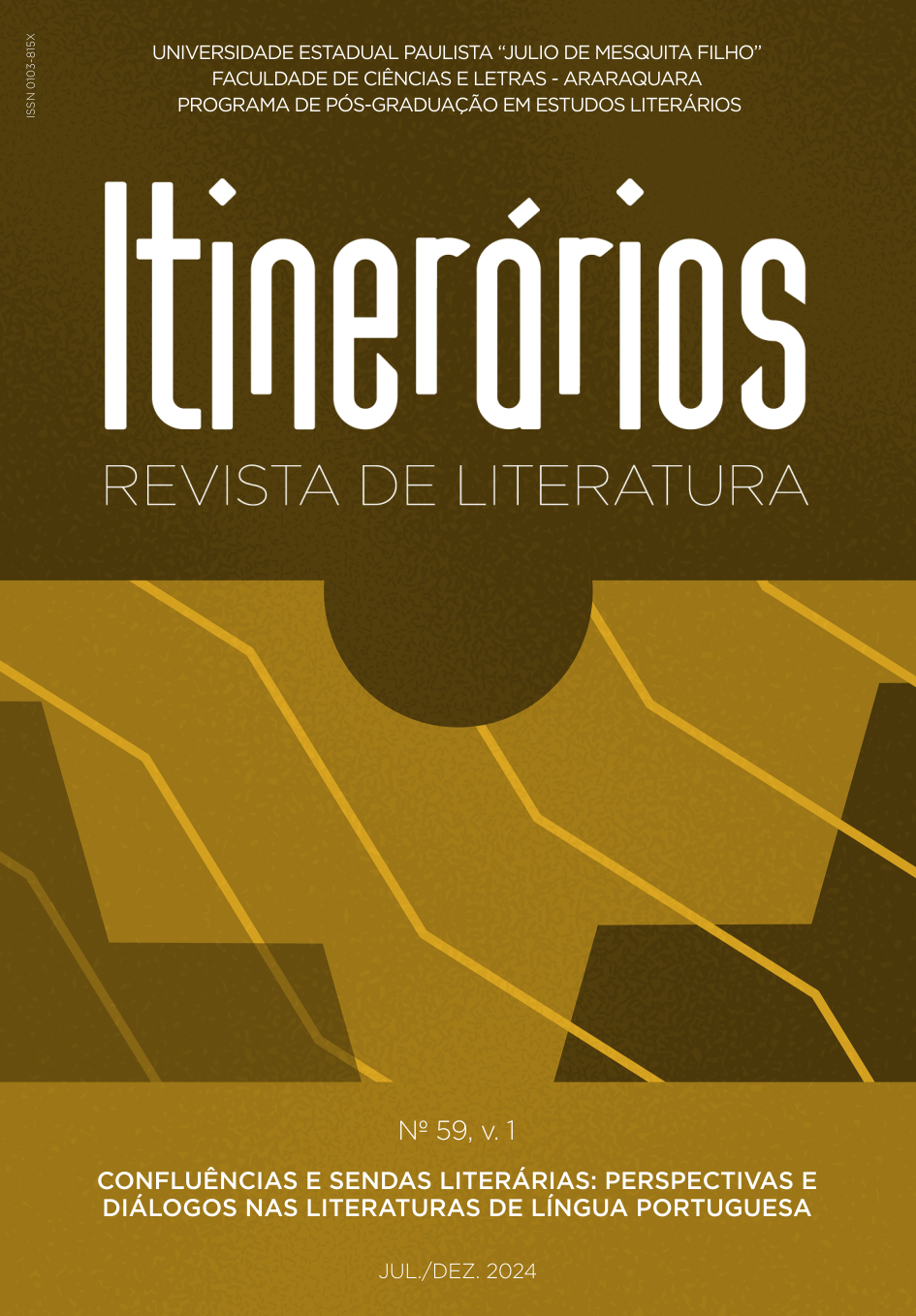MANUEL DE FREITAS
CRITICAL RESPONSE
DOI:
https://doi.org/10.58943/irl.v1i59.19610Keywords:
Manuel de Freitas, Portuguese contemporary poetry, Poetry and crisisAbstract
In an interview published in the first volume of the Brazilian poetry and cultural criticism magazine, Ouriço, the Portuguese poet, editor, and literary critic Manuel de Freitas answers peremptorily a question on the connections between poetry and music in the contemporary world: “I do not foresee a great future for either music or poetry.” There is something ambiguous about this statement, especially when we consider the fact that Manuel de Freitas was dialoguing with someone who, at that time, was also one of the editors of his recently published book in Brazil, Jukebox, a collection of the same-titled poetic series published in Portugal in 2005, 2008, and 2012. It is noteworthy that his statement also became the title of the interview, “I do not foresee a great future for poetry,” in a publication almost entirely dedicated to promoting contemporary poems and active poets. We witness in that situation a strategy to insert poetry into the Brazilian editorial landscape, recurring to the discourse of the denial of contemporary poetry, supported by a broader renunciation of the contemporary, perceived as a time of crisis. The poems in Jukebox contribute to the argument, since several of them point to a certain insufficiency of the poetic discourse either to enunciate the present or to evoke the past. This context is a relevant test to the proposition — defended, for example, by Marcos Siscar — that the discourse of crisis is a specific way of inserting poetry into contemporaneity, including in its enunciation every aspect of exaggeration, paradox, or apparent illogicality.
Downloads
Published
Issue
Section
License
Os manuscritos aceitos e publicados são de propriedade da revista Itinerários. É vedada a submissão integral ou parcial do manuscrito a qualquer outro periódico. A responsabilidade do conteúdo dos artigos é exclusiva dos autores. É vedada a tradução para outro idioma sem a autorização escrita do Editor ouvida a Comissão Editorial.

